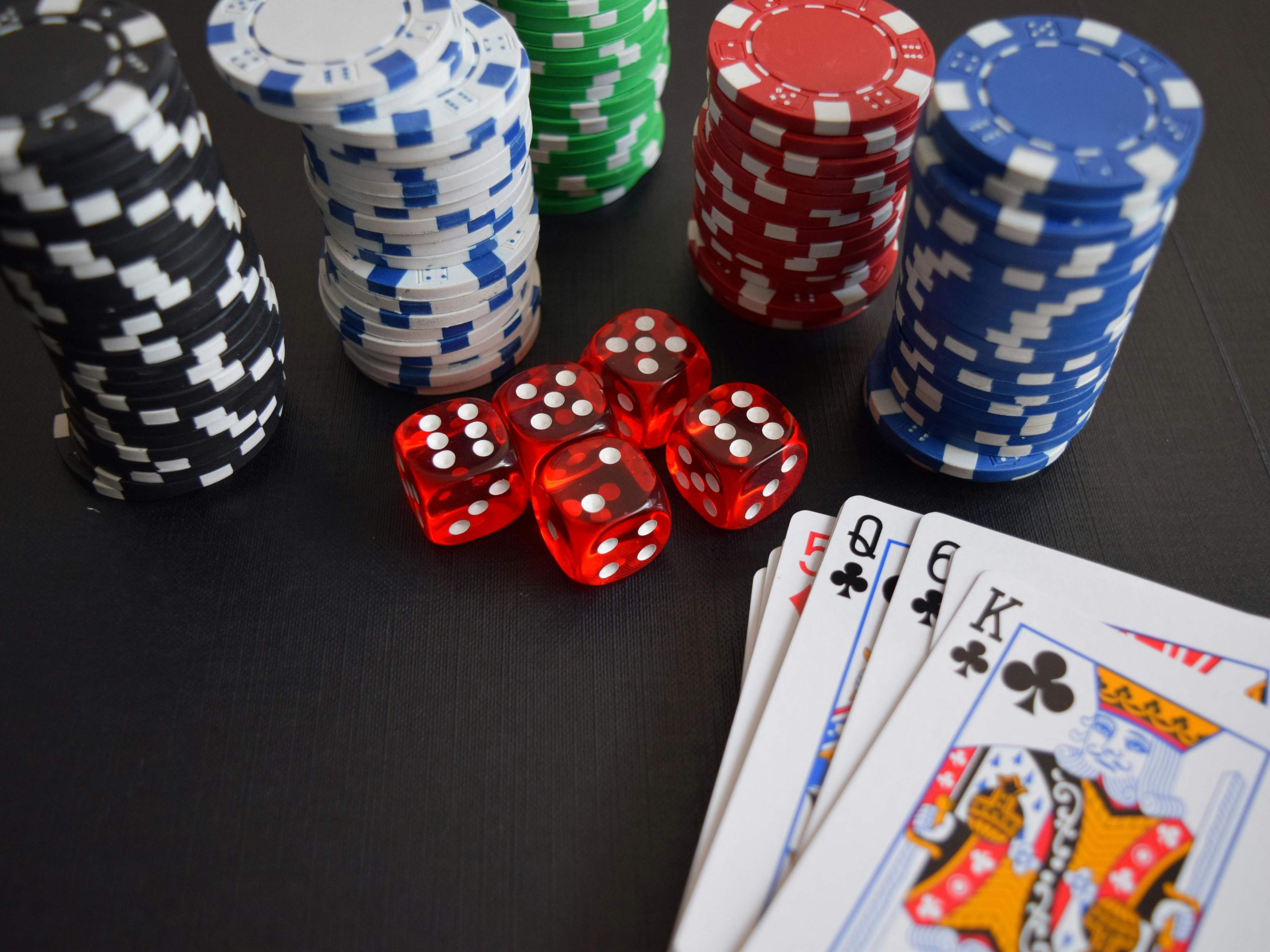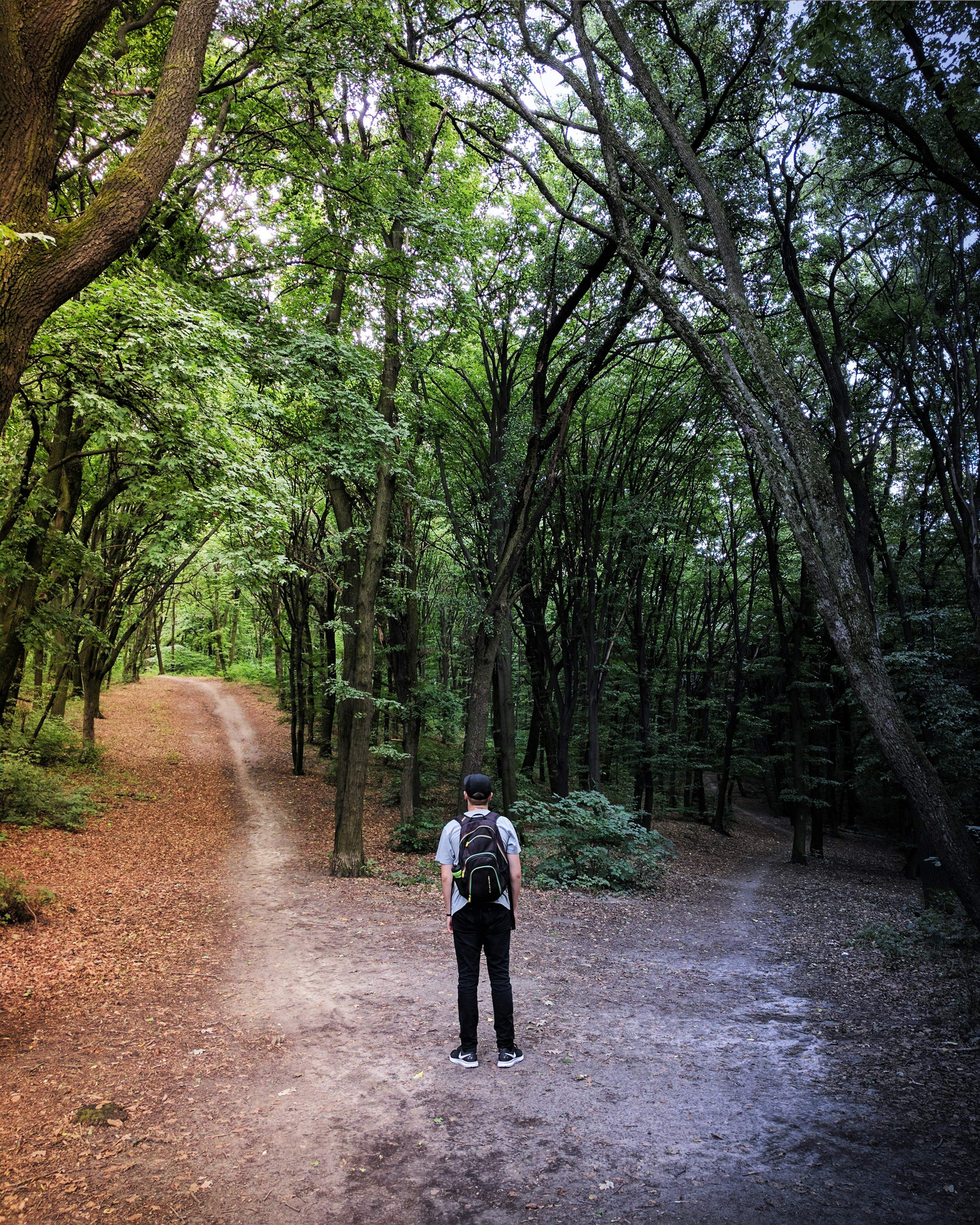Why Do We Gamble? The Subtle Influences Guiding Our Choices
Why do we gamble?
On face value it’s a simple question with a simple answer. We gamble for the thrill, for the fun, for the dream of a big win.
But, the core motivation for engaging in one of the world’s oldest entertainments goes far beyond this. Gambling – true gambling, is guided by the same subtle influences that direct our decision making.
Every day we find ourselves gambling in a thousand different ways. If you’ve ever had to choose between the sandwich or salad, you’ve gambled. If you’ve ever had to choose between the bus or driving, you’ve gambled. If you’ve ever had to choose between getting your daily coffee or saving the back pocket … that’s right, you’ve gambled.
The essence of gambling lies in choices and their tradeoffs. Wherever a choice is made there is always a tradeoff of potential joy or experience to be gained from the alternative.
Economists would call this opportunity cost.
Me, I call it a gamble. For, with every choice made you ‘re backing yourself and betting this road travelled will lead to a greater treasure than the one left behind.
So, the questions have to be asked:
“Why do we gamble?”
“What guides our decision-making?”
The answer, of course, lies in the big three motivators of achievement, affiliation and power.
Yes, You Did Achieve Something Losing That Multi:
I work in marketing. In this world – the world of research, trigger, engage and repeat – an important aspect of strategic decision making is often missed: taking time to appreciate achievement.
There’s little room to stop, breathe and reflect, with even successful campaigns being quickly overshadowed by the hunt for a new project.
It’s the marketer’s curse, to always work on their toes pursuing the next big moment. Decompression is rare. Burn out is common.
So, why don’t marketers pause longer to appreciate their accomplishments? What is our rush to find a new opportunity before unpacking the previous one?
I believe it’s thrill of the unknown.
The fear of monotony is life’s greatest stimulant. It’s a pivotal crutch of motivation, driving ambition and activity. Certainty gets boring and boredom breeds discontent. Uncertainty of the unknown, by comparison, is deeply alluring to our natural curiosity.
When we make a decision knowing the outcome is guaranteed, our engagement drops. Nobody wants to chase something that’s already caught. But a fresh idea? An unknown punt? That stirs curiosity and keeps us feeling alive.
So, when one campaign ends in success there may be a nice little dopamine hit early on. But it doesn’t compare to the satisfaction of feeding our curiosity in pursuit of the next win.
Placing multis follows the same principle. When you get a row of green ticks and the number screams “winner,” you may feel a moment of immediate elation. But, this elation doesn’t come close to the edge-of-your-seat intensity experienced in the chase.
That intensity, hunting the unknown, leads gambler decision making far more than the promise of success.
So yes, in losing your multi you did achieve something. You satiated your curiosity.
I’m Just an Affiliate to Other Gamblers, I Swear:
Of the three motivators, affiliation is the quietest. People obviously cite the desires for power, for achievement and fortune, as core influences in their decision making.
But, it’s the need for social affiliation that ties these all together.
Humans are social creatures. We want to belong. We want to connect. And in many ways, our pursuit of success is simply a vehicle to earn that sense of connection.
Afterall, there’s not much point building your throne on a mountain of achievement just to sit there alone.
Like the draw of a needle, gambling feeds from the flow of this need with an unquenchable thirst. It provides a social outlet from which people can start conversations. “Surely you’re picking the favourite?” “Nah, I’m all for the underdog.” These simple exchanges crack open conversations and build bridges supported by arcs of unity. The highs feel even higher shared, while the lows sting a little less.
This mirrors our decision-making in life, where we often take the path connecting our communities in overwhelming joy as much as encompassing sadness.
At its best, gambling environments – decision making environments - strengthen our connections, allowing us to satisfy the desire for affiliation through bringing people together in celebration or commiseration.
But they are also addictive. The need for belonging can override reason. It can push people toward risks they wouldn't take alone. And eventually, the line between social betting and social survival starts to blur.
In this way, affiliation is not just a motivator, but a trap.
The House Always Wins, Kind Of:
We’ve all heard the saying, “the house always wins.”
Well … yeah.
When you think of a house what comes to mind? Four walls and a roof? A disgruntled doctor?
To me, “the house” is something deeper. A house isn’t physical. It’s not a material asset. Rather, it’s the environment that shapes our decision making based on factors such as culture and upbringing amongst others.
If you grow up with financial freedom, for example, your joy might be found in deciding to eat at expensive restaurants or on where to travel. If you didn’t, you may find an equal amount of satisfaction in embracing kinship with those around you.
Every case is unique of course, but different decisions can undoubtedly yield the same amount of happiness for dissimilar individuals, based on the house that raises them.
The “house” defines what we see as risk, reward, or reality. It builds four walls around our decision making, in turn influencing our choices so that they loop back into reinforcing the house. Sounds pretty similar to how bets feed back into the casino doesn’t it?
This is where the struggle for power as a motivator comes in.
Power is the world’s most compelling influence in decision making. Contrary to popular belief, it isn’t about controlling others. It’s about controlling your own circumstances; it allows you to dictate your outcomes and path.
When we gamble on a decision to take more power we’re essentially saying, “I’m doing this to have more control over my lifestyle.”
Given the house decides our lifestyle decision making, it has the most power of all.
So, when we make decisions, when we gamble, we’re really just trying to seize power back from the house and limit its ability to dictate how we live.
The house always wins … until you make the gamble to take charge over your own life.
"Existence is a lottery. Our lives are a casino. The decisions we make are the bets placed. And, if you place enough good bets you’ll come out on top."
So, Why Do We Gamble?
Because the unknown fuels our curiosity.
Because connection anchors us to others.
Because power gives us autonomy.
These invisible influences shape our decisions, from life’s biggest directional shifts to its small day-to-day calls. Without them our decisions hold no weight. With them life gains importance, guided by a mosaic of ventures into jubilation and disappointment.
Every decision made is a gamble to satisfy one of these influences. Every road taken creates a new opportunity for risk versus reward and it’s often only through travelling the path less followed that we can truly take control of our own lives.You can write here as much as you want, this text will always look nice, whether you write longer paragraphs or just a few words. Click here and try it out.




